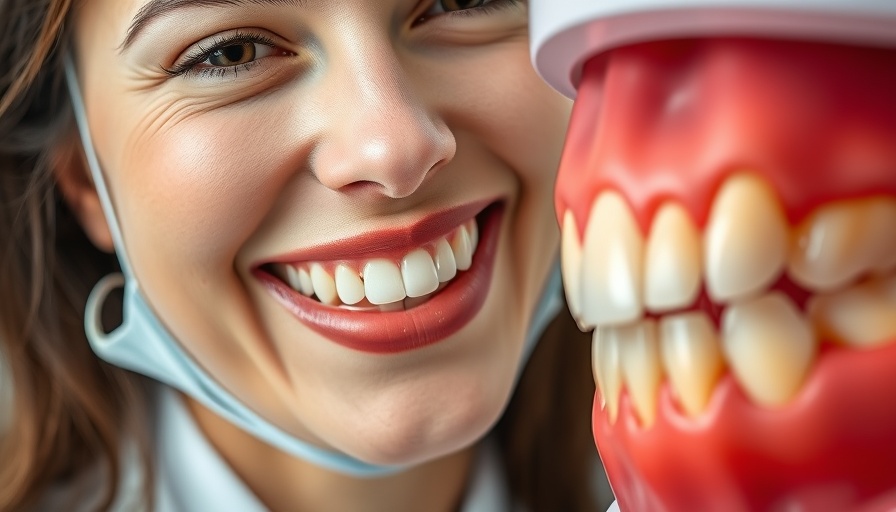
Understanding Dental Crowns: What to Expect Before Your Appointment
Are you feeling anxious about your upcoming dental crown appointment? You're not alone. Many people experience anxiety before visiting the dentist, especially for procedures like getting dental crowns, also known as caps. To help ease your worry, knowing what to expect before, during, and after the procedure can be very comforting.
In 'What REALLY Happens at a Dental Crown Appointment (Step-by-Step),' the video presents insightful information about dental crowns. We’re diving deeper into its key elements, ensuring you’re prepared and informed.
Preparing for Your Dental Crown Appointment
Before you head in for your appointment, it's essential to prepare adequately. First, consider eating a substantial meal beforehand. After your appointment, you may feel numb, which can lead to unintended cheek or tongue bites if you’re not careful. Also, inquire about the duration of your appointment; most crown prep visits typically last between one to two hours, while final placement can be shorter.
Getting Cozy: Comfort During the Appointment
Dental procedures can be lengthy and uncomfortable, but many offices provide comfort items like bite blocks and pillows. If you have concerns about holding your jaw open for a long time, ask if a bite block is available. It can drastically enhance your experience, allowing you to feel more relaxed. Additionally, it’s recommended to bring along chapstick or lip balm, as long appointments may dry out your lips.
The Crown Procedure: What Happens During Your Visit
Upon arrival, the dental team will start by applying a topical numbing gel followed by an injection to numb the area. Many patients report that the anticipation of the anesthetic is far worse than the actual discomfort experienced during the procedure. Once numbed, your dentist will reshape your tooth to prepare it for the crown. You'll likely receive digital impressions, a modern approach that replaces the old-school putty. If you're getting a temporary crown, it will be placed afterward to protect your tooth as you wait for your permanent crown.
Post-Appointment Tips: Caring for Your New Crown
After your appointment, you'll receive specific care instructions, especially if a temporary crown has been placed. Avoid hard and sticky foods to prevent damage, and be cautious about flossing around the crown area. It’s crucial to maintain your oral hygiene routine, as crowns can still harbor cavities beneath them. This means regular brushing and flossing to ensure your crown—and the tooth underneath it—stays healthy, just like natural teeth.
The Importance of Dental Care: Preventive Measures
Remember that keeping up with your dental crowns and seeking dental care promptly can prevent more complex procedures in the future. Delaying treatment could lead to even more significant issues, such as needing a root canal or tooth extraction if a tooth decays significantly. Therefore, staying proactive about your dental appointments is key to maintaining good oral health.
Your Path to Dental Health
If you’ve been putting off dental care due to cost, consider exploring dental discount plans, which can provide affordable care options without the burden of regular insurance. Whether it’s a dental crown, cleaning, or any other procedure, being engaged in your dental healthcare is crucial for your overall well-being.
Though dental crowns may seem intimidating, knowledge is power. By understanding what happens throughout the entire process, you can alleviate your anxiety and ensure a smooth appointment experience. For anyone preparing for a dental crown, arm yourself with these insights, and don't hesitate to reach out to your dental provider with any questions.
 Add Row
Add Row  Add
Add 




Write A Comment